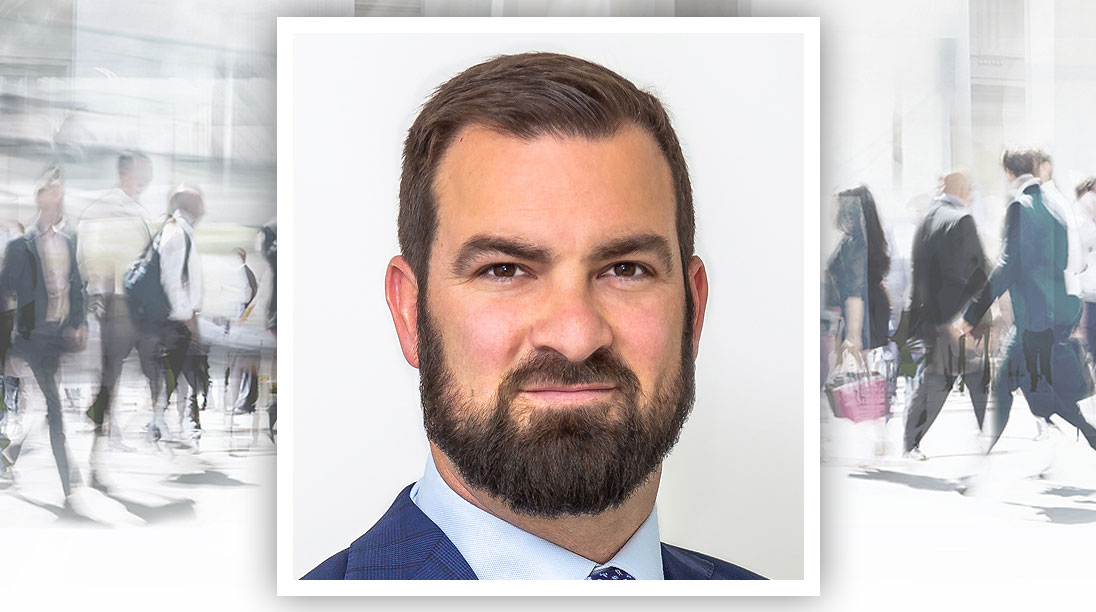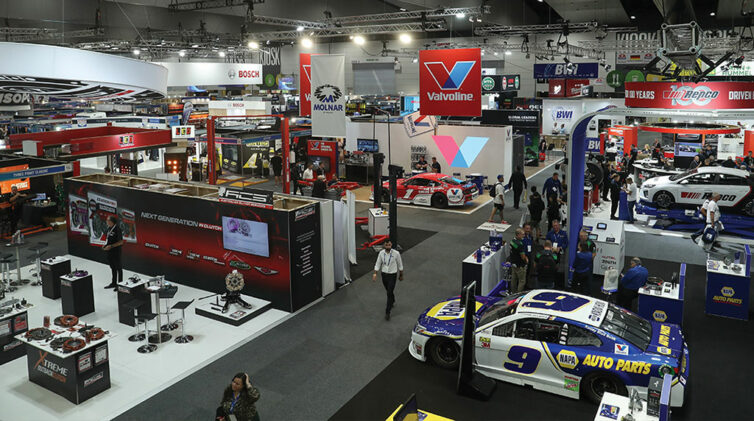Mr Voortman was responding to a question by Labor Senator Dan Farrell about what he thought appeared to be a thinly veiled threat against its Holden dealers on the morning the mediation process commenced.
Senator Farrell asked: “Mr (Kristian) Aquilina from General Motors told the AFR (The Australian Financial Review) on the day the mediation was due to start on 9 June, ‘We’ve got lots of interest from other operators in respect of other businesses buying the rights to service the existing Holden vehicles instead of the Holden car dealers.’
Senator Farrell asked Mr Voortman: “Can you tell us why you think General Motors made what appears to be a thinly veiled threat against its Holden dealers?”
Mr Voortman: “That was truly an incredible statement because of when it was made. We woke up on that morning. That was day one of mediation—good-faith mediation. It started with the dealers, who were about to enter that mediation, reading that Holden was discussing giving their servicing contracts to independent repairers.
“It needs to be remembered that automotive manufacturers provide the training, systems and special tools to service these cars, but here they were, on the morning of mediation, suggesting that they had options and that they could go elsewhere.
“It was a thinly veiled threat, as you said, and it undermined the mediation.
“The other thing they did on that morning was to go on the ABC and proceed to say that the Australian Holden Dealer Council’s legal team was just trying to drag this to court and to drag out the process in order to make more money.
“So that was on that morning that they were about to meet with the Holden dealers and with their legal team, who they had just trashed in the media.
“That just sums up this whole process and how little credibility they have when it comes to determining whether they engaged in a good-faith process.”
Senator Farrell: Mr Aquilina also stated that all Holden dealers, on average, made a loss of $600 per vehicle in the last financial year, with all profits coming from the parts and after-sales service. But in an ABC media report, also on 9 June, he stated: ‘Last year, a single Holden dealer made a loss of around $600 per car for every new Holden they sold.’
“Why did General Motors use different figures when trying to justify that their offer to Holden dealers was more than fair?”
Mr Voortman: I think it’s been a PR exercise from day one. At every opportunity they’ve mentioned that the compensation offer they made to the dealers was fair and reasonable, and they stood by their claim again and again until they were asked to engage in (mediation).
Mr Voortman: During mediation they continued to claim that the amount they’d offered was fair.
“But you’d think that if their offer was fair and reasonable they would have tested that claim through an arbitration process. They refused to do so, and I think that asks serious questions about whether or not that offer was, in fact, fair and reasonable as they kept saying it was.”

James Voortman
GM’s contradictory claims re multi-franchising
The fact that GM was making contradictory claims regarding multi-franchising was also raised.
On one hand GM reserved the right to prevent Holden dealers from taking on addition brands in order to broaden the base of their businesses, yet GM was claiming that it did not need to increase its compensation offer because so many Holden dealers had a number of other brands to sell.
Senator Farrell asked Mr Voortman about the lack of compensation allowed for their GM Holden’s restrictions on Holden dealers selling other brands.
Mr Voortman: “That’s a good question, because over the past six months General Motors has used every opportunity to say how 90 per cent of Holden dealers are multifranchise.
“I don’t know why they keep saying that, because I believe that somehow this is an excuse to shortchange their dealers. (But) there should be no consideration of whether a dealership is multi franchise or not.
“They should compensate them adequately for the business that they’ve terminated.
“You are 100 per cent right; GM is one of the brands which, in their dealer agreement, has the right to refuse to allow a dealer to take on other brands. They exercised that right, and that becomes even more unconscionable when, after exercising that right, they then withdrew from the Australian market, having denied those dealers the opportunity to start another business.”
Voortman shoots down “ridiculous” FCAI claim
Greens Senator Mehreen Faruqi raised an assertion by the Federal Chamber of Automotive Industries (FCAI) in its submission that “dealers are, in the main, far from small businesses and are not in a vulnerable position vis-a-vis the manufacturers. How would you respond to that?
Mr Voortman: It is a ridiculous assertion that has been rolled out for a number of years.
“It was used during the Parliamentary Joint Committee on Corporations and Financial Services inquiry into franchising, and the facts completely dismissed that assertion.
“As I said, there are significantly large dealer groups in Australia, but they are nowhere near as financially powerful or resourced as global car companies are.
“This is a question of a balance of power, and you have to look at dealerships in the context of the size of franchisors, and in our industry there is no bigger franchisor than car manufacturers. So, we completely reject that assertion.”
In later evidence the CEO of the FCAI, Tony Weber, was asked by Senator Faruqi on what basis did he make the assertion in the FCAI’s submission that ‘in the main far from small businesses and are not in a vulnerable position vis-a-vis the manufacturers.’
Mr Weber told the hearing: “Many dealers in this country are significant businesses in their own right. They have the best taxation, legal and business advice available either in-house or accessible to them.
“We’re not talking about a classic franchising arrangement in which there are literally mum-and-dad businesses. Very few automotive dealers are in that category.
“Typically they are very astute business people … Typically they have multi franchise dealerships. They have access, as I said before, to the best legal and taxation advice. They have very strong business acumen; that’s either within the business or they can access it.
“So these people are sophisticated business investors who, typically, have run dealerships for long periods of time and done it very, very successfully, and they certainly know how to negotiate and run a business.
“The power balance between the two is an interesting discussion. Typically these well-established dealers have control, if not ownership, of the site. The site, typically, is very vital. Typically, the older dealers have bigger sites. They represent the historically stronger brands in the marketplace.
“Therefore, they, in many ways, have a greater power in the relationship with my member, the OEM, because of what they control and the fact that they can, if they wish, quite often change and go with a different brand.”
By John Mellor












 Read More: Related articles
Read More: Related articles

